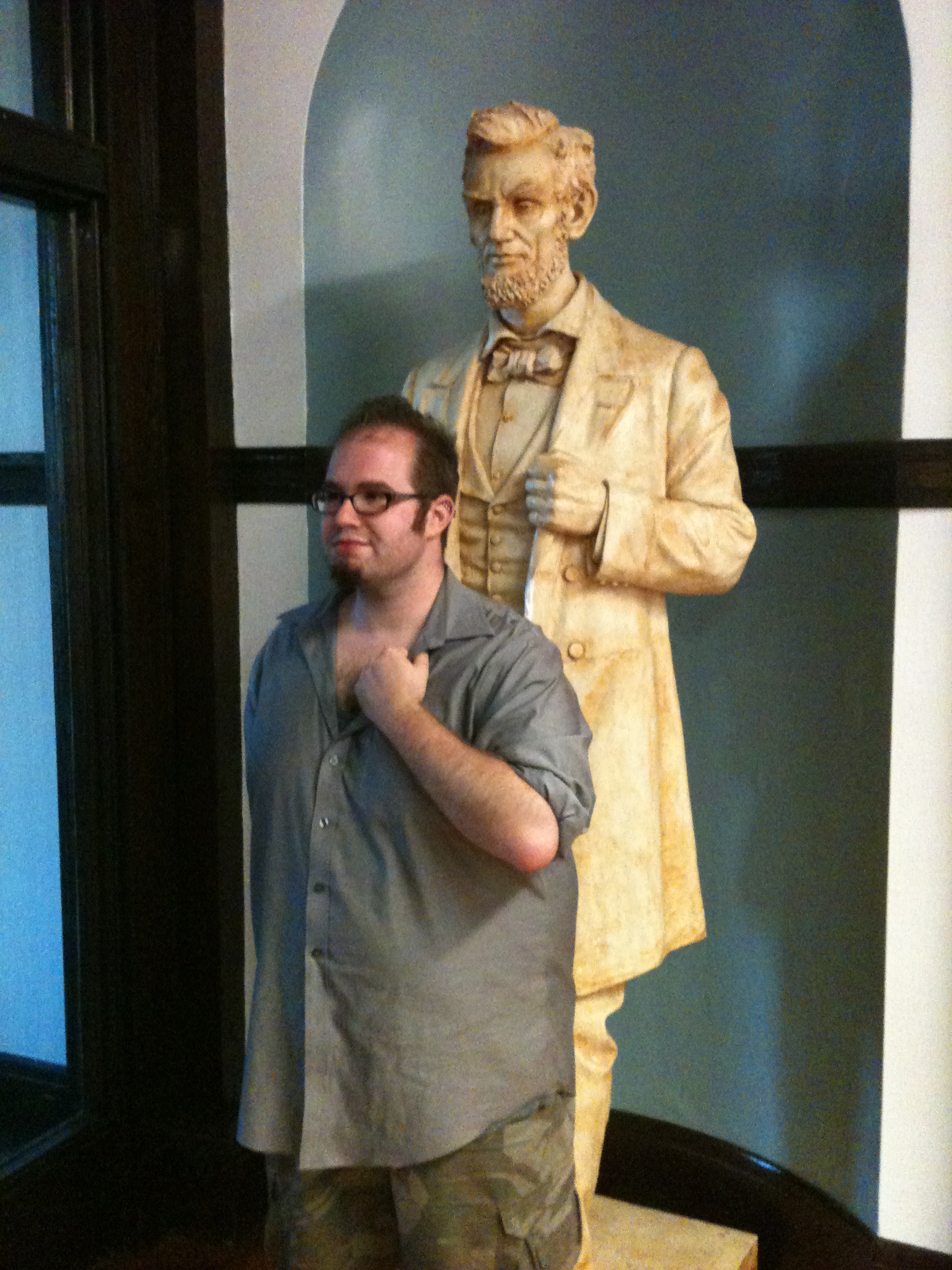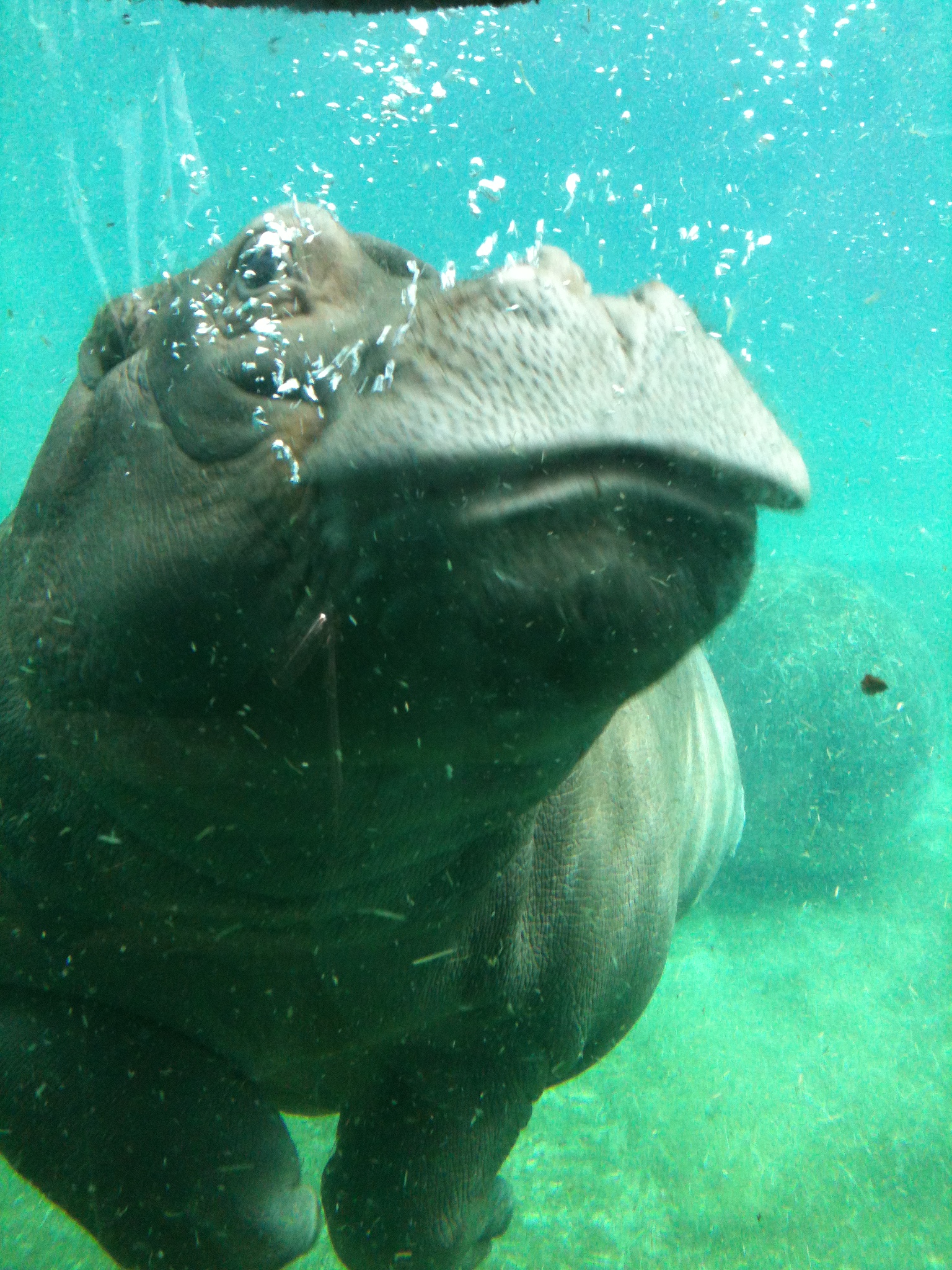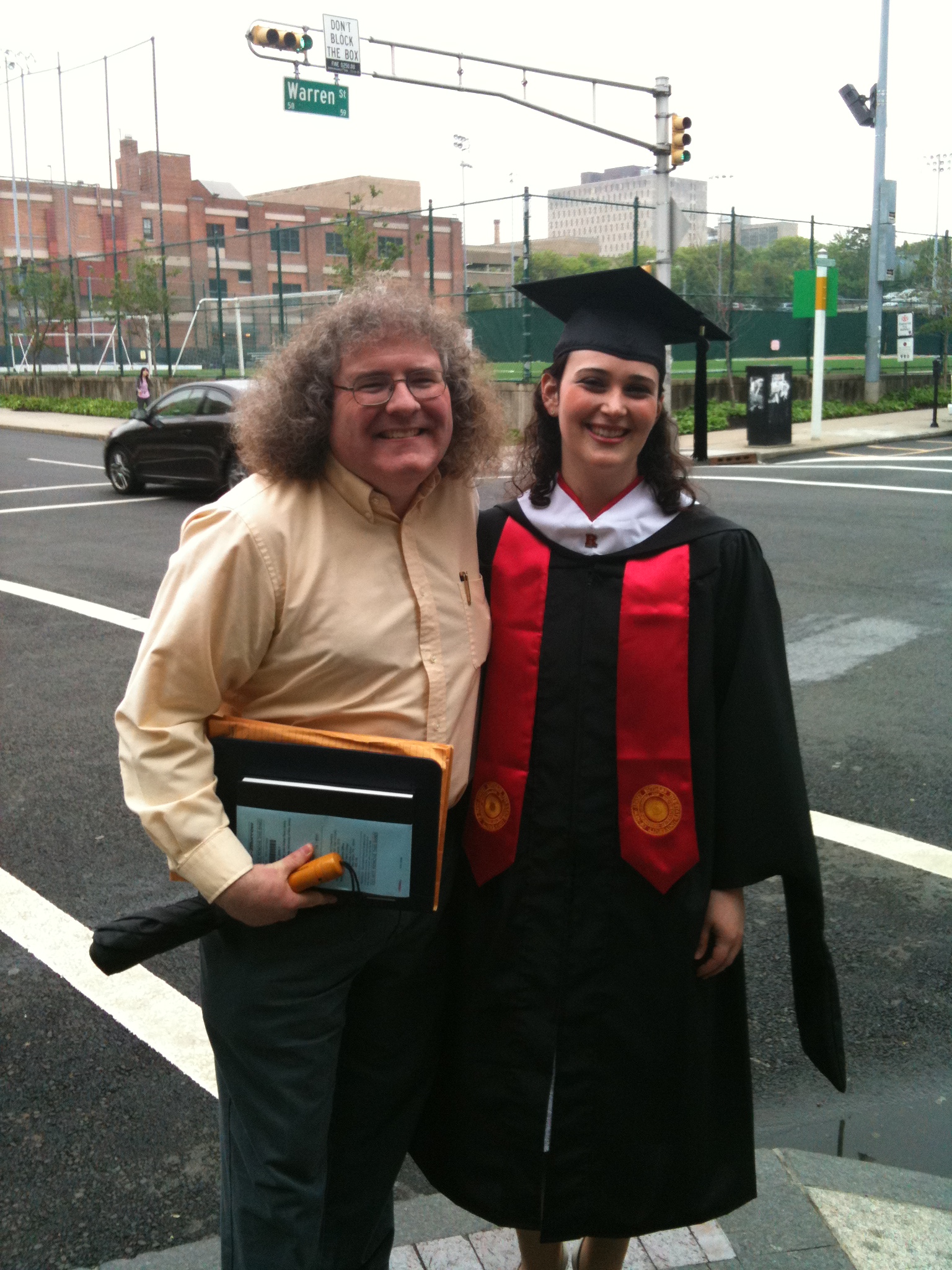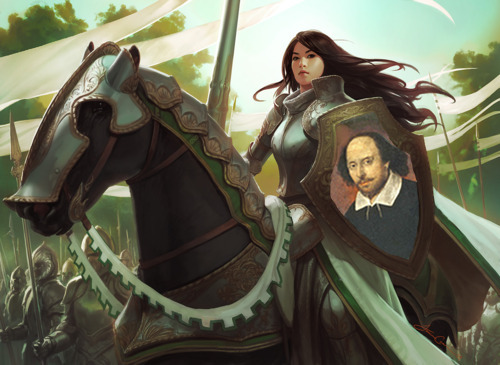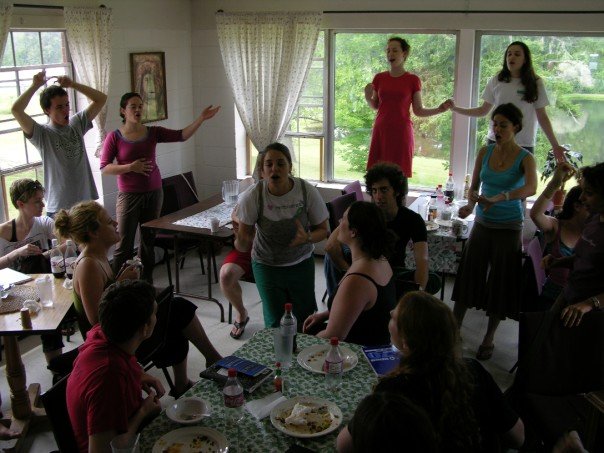Okay, fine, I’ll admit it. While pinterest has done many wonderful things for my life (I have yet to find a recipe on there that isn’t absolutely mouth-watering), it has caused one bone of deep contention between myself and the internet.
The internet is the new vaudeville. Anyone can put anything on it. Sometimes these things have worth (in entertainment value, educational insight, or just general human connection), and sometimes they don’t. What pinterest has made me keenly aware of is the proclivity of “quotes” on the internet.
I say that in quotes because, in my experience, most quotes on pinterest are either misattributed, made up, or just plain wrong. Since a quote’s value lies in the validity of its speaker (if it didn’t, we’d just call them “words” or “phrases”), such mistakes render the quotes useless. Or, if not useless, just a collection of words that anyone could have uttered. And, really, who wants a collection of words said by no one? It’s like wearing a fake Tiffany’s bracelet and calling it the real deal (all zazzle and no genuine maker’s mark). It’s like eating yogurt with aspartame in it (all appearances and no substance). It’s like reading an abridged version of a classic novel (all editor’s opinion and no true literary value).
Perhaps most disturbingly, this trend feeds into the mindless trope of unwary internet denizens that everything one finds on pinterest is true. Even the savvy surfer can be taken in by pretty words and a big name. And this, my friends, discourages critical thinking, encourages false facts made true, and overall proves a thorn in the side to those of us who know better who now have to content with gaggles of would-be quoters.
I could have let it slide if not for the constant misattribution to Shakespeare. Oh, sure, it happens all the time. Just about everyone in the field of space and time ever has made a mistake like this. But I’m not talking about the little mistakes, I’m talking about the ones that grow and propagate and sell themselves on t-shirts.
The plays attributed to Plautus are divided by the Roman philologist Varro into three categories: those definitely by Plautus, those possibly by Plautus, and those most certainly not by Plautus. In that vein, I would like to present to you a list: famous quotes definitely by Shakespeare, famous quotes that are kind of Shakespeare’s, and famous quotes definitely not by Shakespeare.
Famous Quotes Definitely by Shakespeare
“The course of true love never did run smooth.” – Lysander, A Midsummer Night’s Dream, 1.1
“To be, or not to be: that is the question.” – Hamlet, Hamlet, 3.1
“Friends, Romans, Countrymen, lend me your ears.” – Antony, Julius Caesar, 3.2
“All the world’s a stage, and all the men and women merely players; They have their exits

The Great Globe itself
and their entrances; and one man in his time plays many parts…” –Jacques, As You Like It, 2.7
“If you prick us, do we not bleed? If you tickle us, do we not laugh? If you poison us, do we not die? And if you wrong us, shall we not revenge?” – Shylock, Merchant of Venice, 3.1
Famous Quotes Kind of by Shakespeare
“Alas, Poor Yorick; I knew him well.”
This is one that’s almost Shakespeare. The history of this misquote is something that would take a lot more digging than I’m prepared to do at the moment to dredge up, but we all know the classic scene from which it comes. Hamlet finds the gravedigger comically going about his rounds and, upon grave-digging Ophelia’s final resting place, uncovers Yorick the Jester’s skull. Hamlet takes the skull and famously laments, “Alas, poor Yorick! I knew him, Horatio. A fellow of infinite jest, of most excellent fancy. He hath borne me on his back a thousand times.” (Hamlet, 5.1)
If I had to guess, I’d say that some pop culture thing or other had, at some point along the way, need to utilize a Hamlet reference without another character onstage and, so, they altered the quote. Unfortunately, since pop culture sticks, the misquote has as well. Fight the system! Quote Hamlet with integrity!
“This above all: to thine own self be true.”
One of my near and dear friends, when he was eighteen and stupid, went and got this tattooed on his body. Ten years and one Master’s in English later, he was regretting the decision for this reason:
The problem with this quote isn’t the wording (the words are accurate), it’s the sentiment. Though Polonious does say this to his departing son, it’s perhaps the least sincere section of the play. Context is important. Divorcing a quote from its context strips it of power.
We’re all guilty of doing this; everyone from Christmas card manufacturers to political speechwriters. The authority of The Bard is unquestionable (thanks mostly to David Garrick) and, because of this, he’s called upon to support just about anything you can think of even when his words are removed from their greater context and, thereby, just words.
“Some are born great, some achieve greatness, and some have greatness thrust upon them.”
See above problem. This quote, taken as one of the greatest utterances of the English language, is part of a letter written by a bunch of gamboling drunkards to trick a pious (if cranky) man into thinking that his employer is in love with him. Hardly heroic words to live by, even if they are wise.
Sonnet 116
If I hear this read at one more wedding, I’m going to stand up and loudly declare the marriage invalid on the grounds of literary stupidity. People, seriously, if you want something said at your wedding, funeral, or any other event of note, at least do your friggen research.
This poem isn’t a declaration of true love, nor an uplifting statement about how love is eternal and beautiful, but rather the words of a man upbraiding an untrue lover and telling the subject how things should be. It’s Shakespeare saying: “if you were true loves, I wouldn’t speak these words to admit impediments, but obviously you’ve got some misconceptions about love… lemme clear those up for you.”
Really? You want that read at your wedding? Monkeys.

Shakespeare disapproves
Constructions of the Internet; NOT SHAKESPEARE
“You say that you love rain, but you open your umbrella when it rains. You say that you love the sun, but you find a shadow spot when the sun shines. You say that you love the wind, but you close your windows when the wind blows. This is why I am afraid, you say that you love me too.”
What, what, what are you doing? First of all, this doesn’t fit any of Shakespeare’s meters. Not a one. So that would relegate it to a section of prose from one of the plays. Okay, maybe. There is some love-content written in prose (none of it would be this intense, but… sure, let’s go with it for a moment)
But let’s look at this a little more closely: the word “umbrella” is perhaps the biggest give-away. It doesn’t enter the written vocabulary of the English language until 1609 coming from the Italian “ombrella” which is from the Latin “umbra” meaning “shade” and, at first, was used specifically to reference a means of shelter or protection. It wasn’t used to speak about a portable version of this until 1611, and then it referred specifically to a sun shield (the early ones were made of leather and wooden hoops). Not until 1634 do we have record of its usage as a word to describe an item used to protect against the rain.
Shakespeare died in 1616. His last plays were written around 1613, but certainly no later than 1614. Do you see the problem here?
NEXT!
“When I saw you, I fell in love and you smiled because you knew.”
This one drives me nuts. I really don’t know who started it, if it was a mistake, or if they were purposefully trying to give a poor Shakespearean a hernia. This quote is MISSATRIBUTED; Shakespeare never said anything like this. Not even anything I can bend to make fit this. The quote is actually the work of Italian poet Arrigo Boito who did, granted, write the libretti for Verdi’s Otello and Falstaff… please PLEASE stop sharing this one around without giving the poor guy some credit. Harumph.
“Expectation is the root of all heartache.”
I have no idea where this came from; it’s another internet construction with no basis in reality (much like the bonsai cat). The word “heartache” only appears once in the canon (“by a sleep to say we end the heartache and the thousand natural shocks that flesh is heir to…” Hamlet, 3.1). The word “expectation” is slightly more prolific and appears 26 times, but never in a context that is remotely near to what this quote is trying to say… it’s not even written in iambic. This is clearly trochaic; a meter only used by Shakespeare’s magical characters (like Puck and the Witches), certainly not by any lovers ever…. HARUMPH!
To Conclude…
Before you go believing things on the internet, tattooing things on your body, or uttering words at important life-celebrations…
…FIND YOURSELF A DRAMATURGE!







